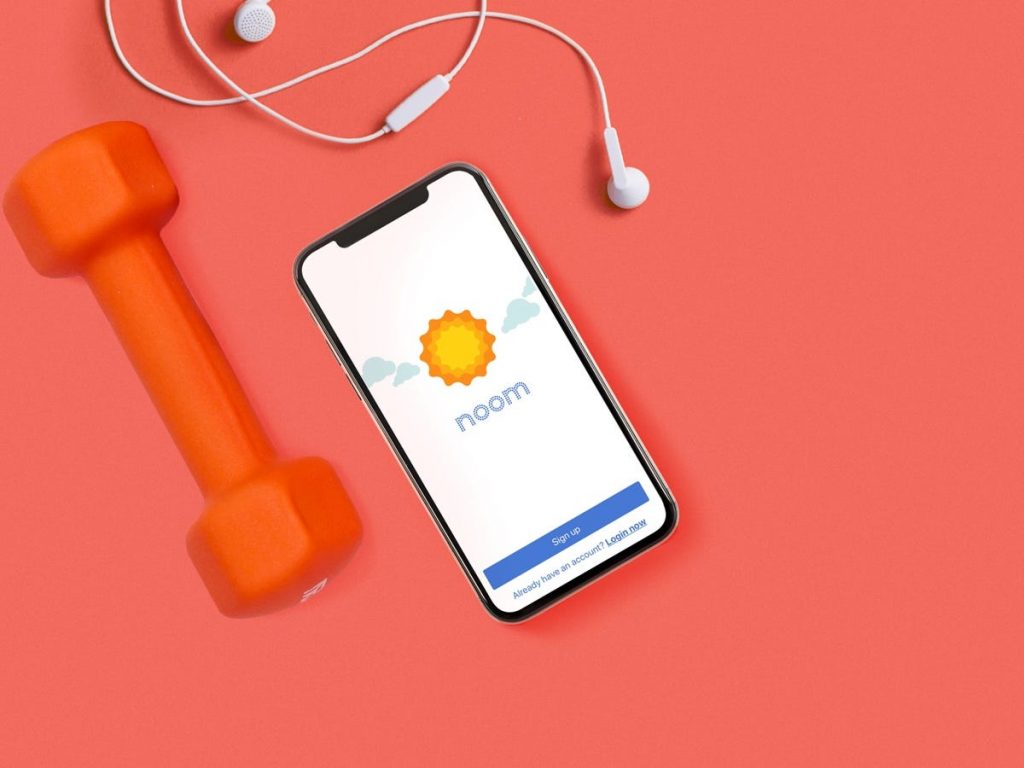Globalization dictates the fashion for a healthy lifestyle and conscious consumption of food. The target audience began to read more often the composition of products, its energy value, as well as select physical exercises to keep fit.
In this article, we’ll take a look at the most popular apps that help users succeed in changing their eating and physical habits.
- Best in All Ways
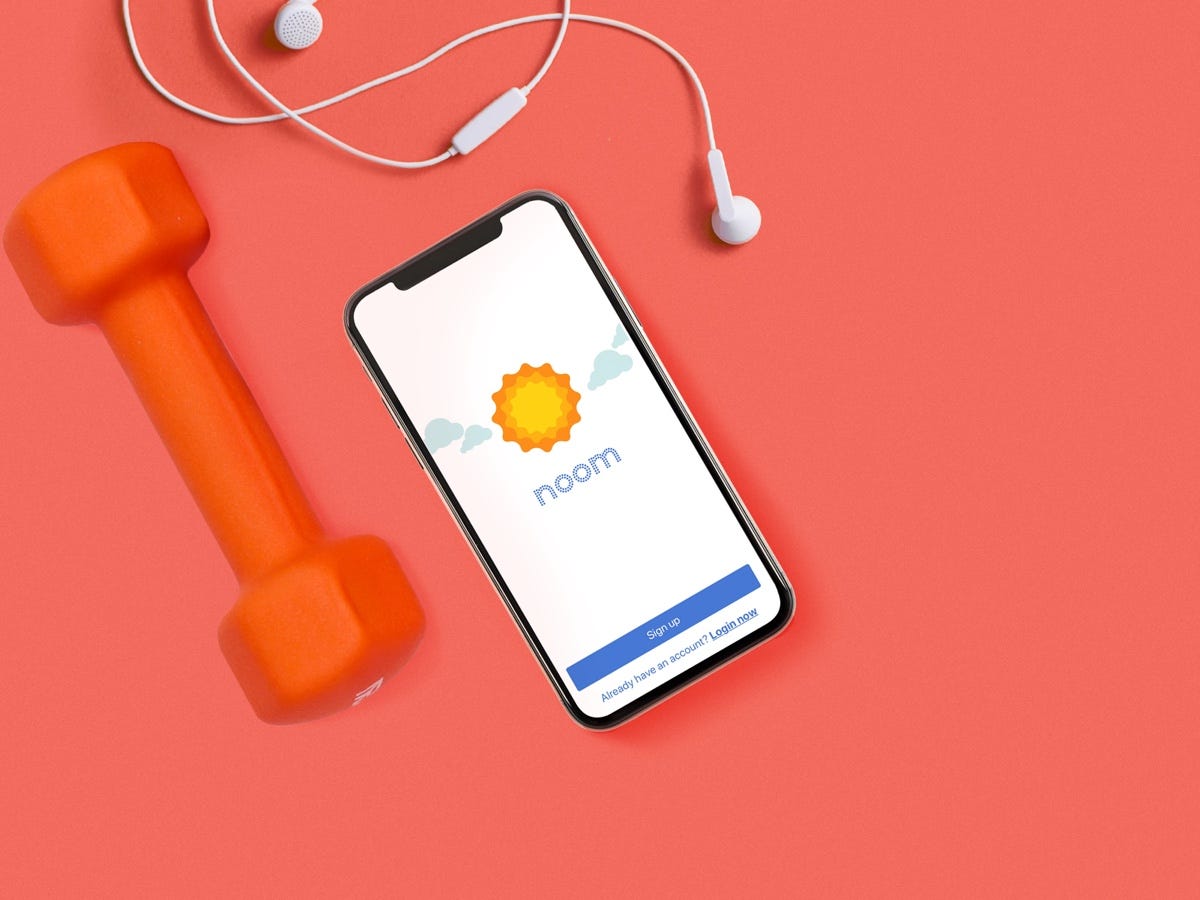
NOOM
Noom differs from other weight loss apps and specialty diets in that it takes your entire lifestyle into account, not just your food intake.
Pros: A comprehensive diet plan supported by nutritional experts assesses the user’s entire health profile, offers a nutrition journal and a calorie counter.
Cons: High cost
Noom is unique in that it not only creates a chat between you and a health and nutrition professional to develop a personalized plan, but it also takes into account many factors such as age, height, weight, activity level, target goals, medical history, and personal goals.
The program that Noom creates for you offers a choice of food, physical activity and the development of positive habits. The goal is to give you the tools you need to gradually adjust your current lifestyle, making small changes that can be sustained over time.
The Noom app includes features such as food diary, calorie tracker and activity monitoring.
- Best Cost
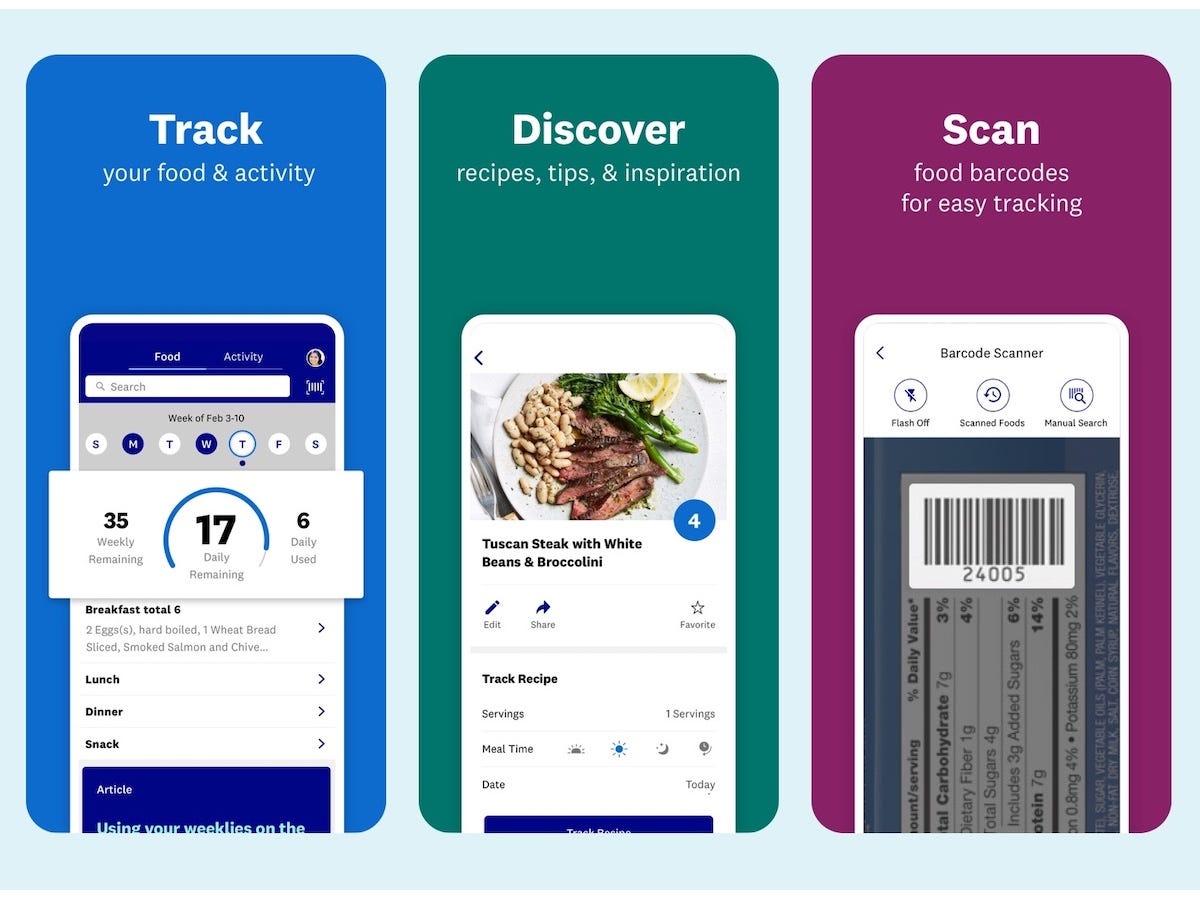
Weight Watchers
An application that helps people maintain weight, reduce it or gain it to the required norm.
Pros: Familiar diet plan, barcode scanner for in-store use, contains over 8,000 recommended recipes, allows members to attend seminars and training sessions.
Cons: The app may crash from time to time and may have problems registering food.
The Weight Watchers WW app is designed to complement a proven diet plan, giving members the help they need. This includes a huge database of described foods using the Weight Watchers point system, with less focus on calories and more on full awareness of what foods you are eating.
The app includes a lot more features than just a food tracking database. It offers over 9,000 healthy food recipes, a barcode to scan groceries in the store, and the ability to get advice from a nutritionist at any time. Participants can also interact to give advice and support to each other, as well as receive various material rewards, such as water bottles and wireless headphones, just for the fact that the participants lead a healthy lifestyle.
- Best Free App
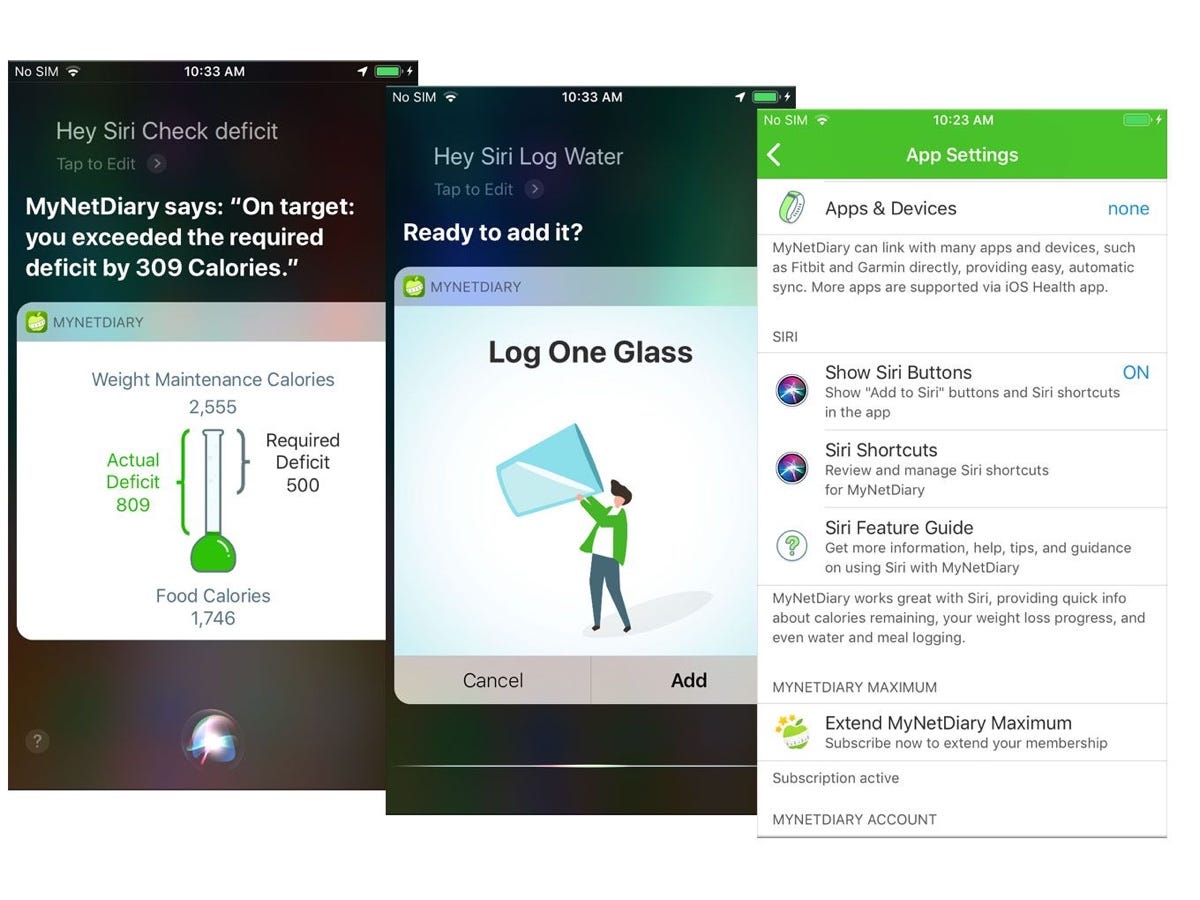
If you want to conveniently manage your food choices, MyNetDiary is a great free option.
Pros: Great app for those on a budget, offering food and exercise tracking and various meal planning options.
Cons: Advanced tracking options are hidden behind paywalls.
While the app has a few extra features, the free MyNetDiary services are very good too and great for anyone on a budget.
These features include food and exercise tracking, meal planning options, graphical charts to show your progress, daily analysis of your eating habits, and even access to a large and active online community. And these services are not only free, but also do not require the user to create an account. This means that your data remains completely anonymous.
Paying for the premium version of MyNetDiary also unlocks a number of other useful upgrades. These include compatibility with Fitbit devices, health tracking for people with diabetes, and personalized nutritional advice.
- Best for Fitness
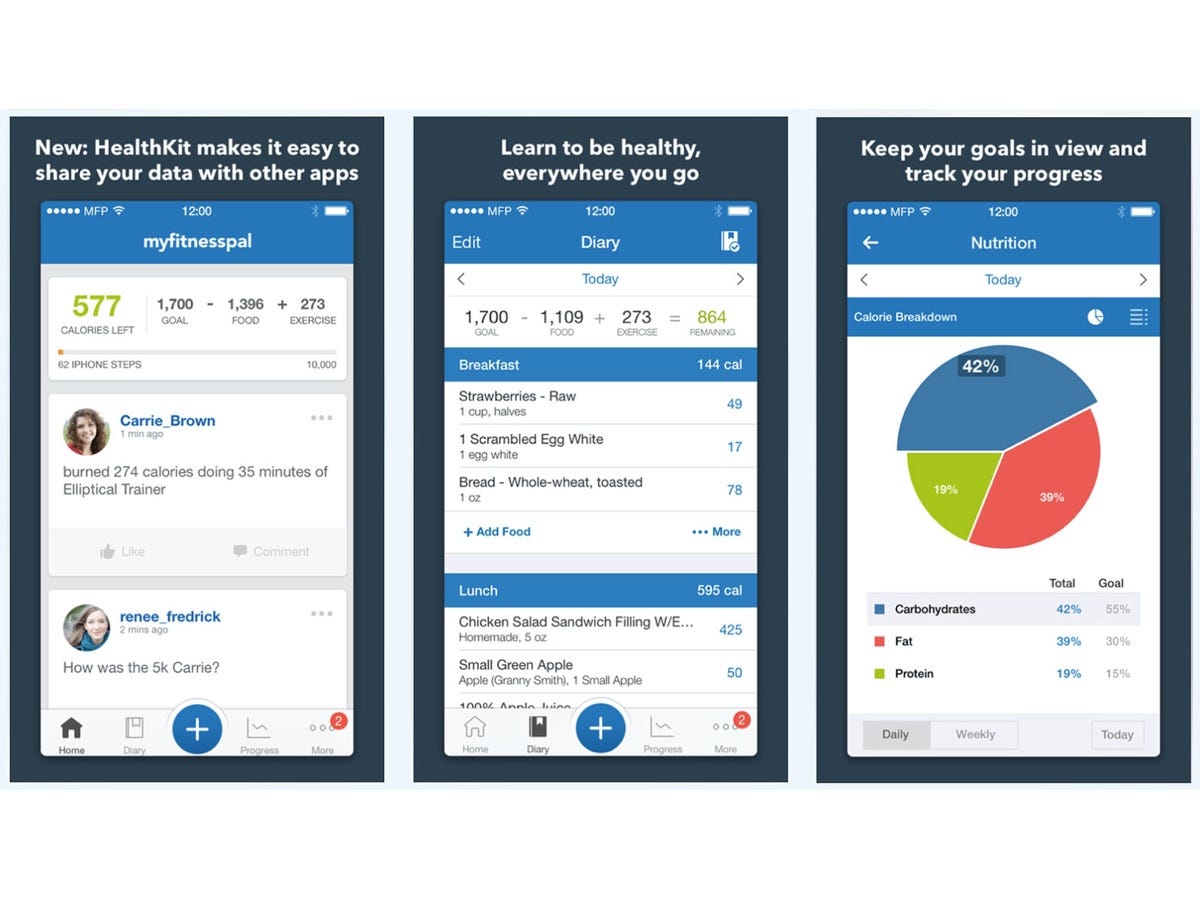
MyFitnessPal encourages users to be more aware of what they eat and at the same time helps them become more active.
Pros: a wide variety of cardio and strength training, has a database of over 11 million different products, and features a barcode scanner for products.
While many weight loss and diet apps only focus on healthy eating, you should also increase your exercise volume for best results. This is where MyFitnessPal comes in, serving as a dietitian and trainer at the same time.
MyFitnessPal has a database of over 11 million products, as well as a barcode scanner for adding food log entries.
In addition to these features, the app includes over 300 cardio and strength training for a more comprehensive approach to your health and fitness. It even integrates with Apple HealthKit as well as MapMyRun, Garmin and Fitbit apps for more accurate step tracking and workout routines.
- For the Busy Ones
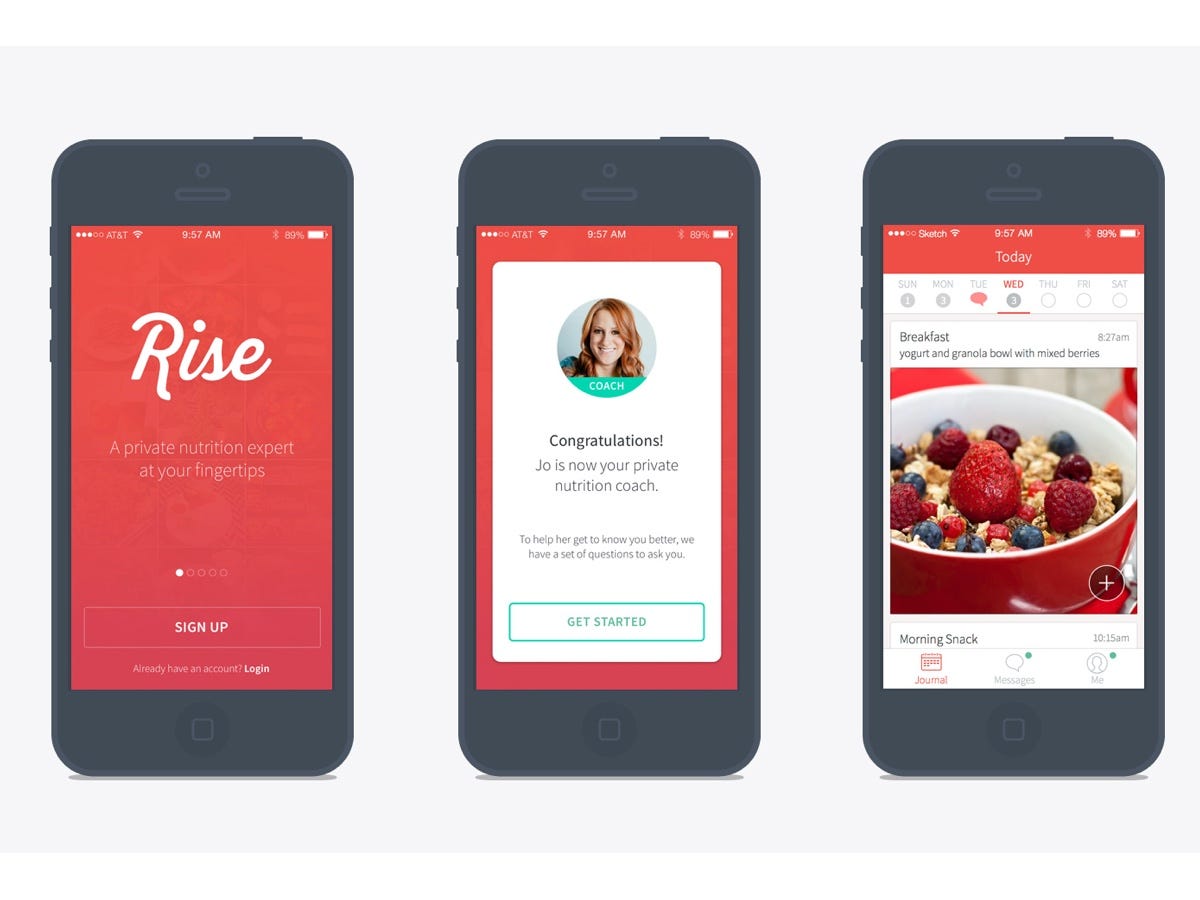
RISE
Rise is a food tracker that doesn’t take a long time to use — even minimal data entry can be of immense benefit.
Pros: Doesn’t require a lot of effort to use scan products.
Food tracking and weight loss apps can take a long time to enter data. But the Rise app requires minimal work from users, while still providing many helpful tips to help them achieve their fitness goals.
With Rise, you won’t scan barcodes, search food databases, or enter individual ingredients into the app. Instead, you just take a picture of your lunch or snack and upload it to your account. The personal nutritionist then reviews the photo and suggests analysis based on your goals. Not only does this provide useful feedback, but it adds a degree of responsibility that helps users stay on track.
While Rise takes the hassle out of the chore, the simplicity it provides comes with a price tag that starts at around $48 per month. This makes it expensive for an in-app dietary service, although it is still much cheaper than paying for a personal on-call dietitian, which is essentially what you get.
- For Those Who Cook at Home
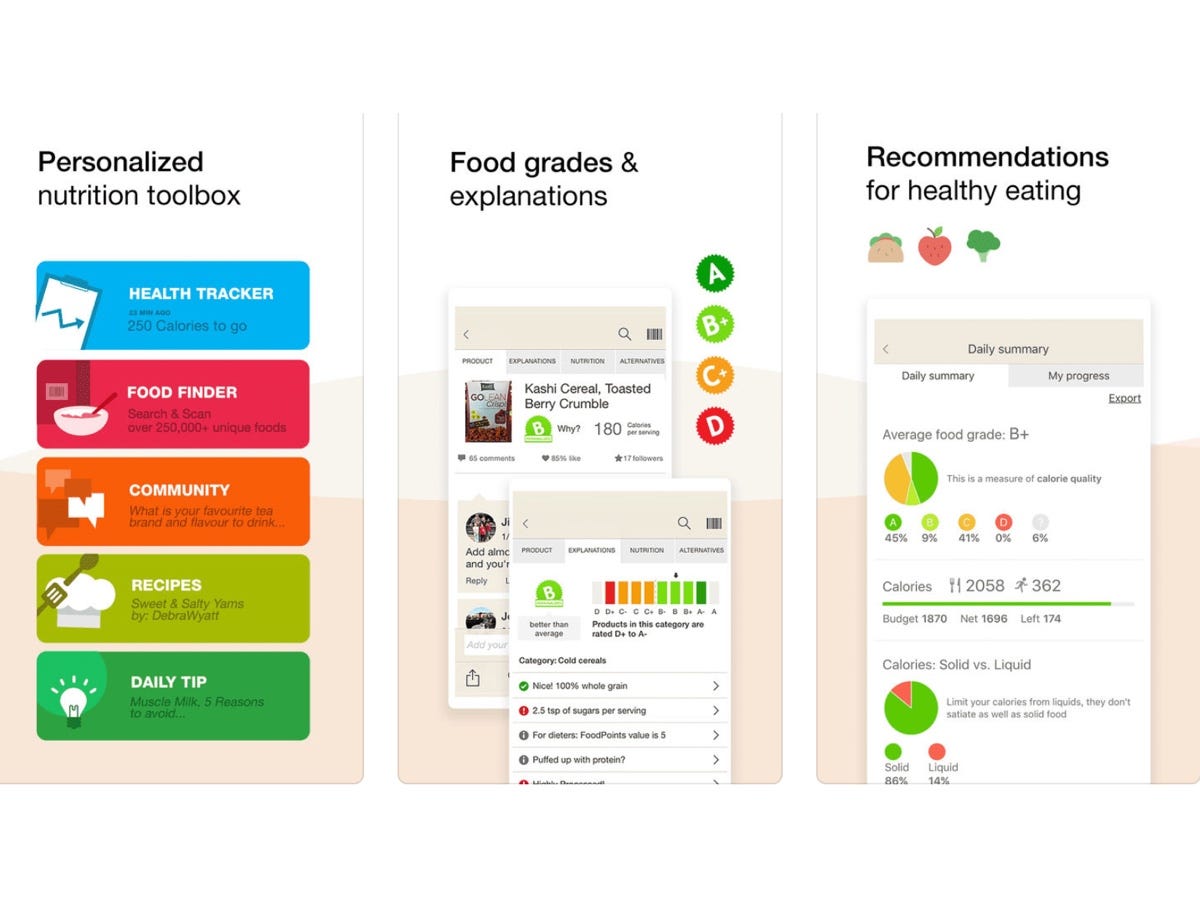
FOODUCATE
Fooducate is the informational tool you need if you want to improve your nutrition, but don’t know where to start.
Pros: Great informative tool that helps you study your nutrition, uses an easy-to-understand rating system for different foods, and offers helpful tips on what to look for when shopping.
Cons: The food database is not entirely comprehensive (but updated frequently).
Fooducate is an app designed to help you make smarter food decisions as it offers healthier alternatives to your favorite foods.
Using Fooducate is very easy too. Simply scan the barcode on any product in the store and it will provide a letter-based nutritional rating for that item, ranging from A+ to D-. Attached to this letter rating is an explanation of why the product received this rating, including valuable information on the proposed nutritional value.
The app also indicates important points to be aware of, including whether a product contains sugar, artificial colors or sweeteners, and other unhealthy additives. This allows consumers to make more informed purchasing decisions and also helps them find healthier alternatives.
Fooducate has other functions besides scanning. It also serves as a health tracker, offers shortcuts for dietary advice, and delicious and healthy recipes. But its keen and active community is its best asset, as users are constantly sharing tips and recipes with each other. This support is an incredibly useful feature for anyone trying to eat right and live a better life.
To summarize, you can see that all health apps focus on features such as:
1) Scanning products
2) Communication and user support
3) Selection of alternative products and recipes
4) Tracking of consumed calories
Also, do not forget about the interface — the simpler it is, the more clients your application has.
